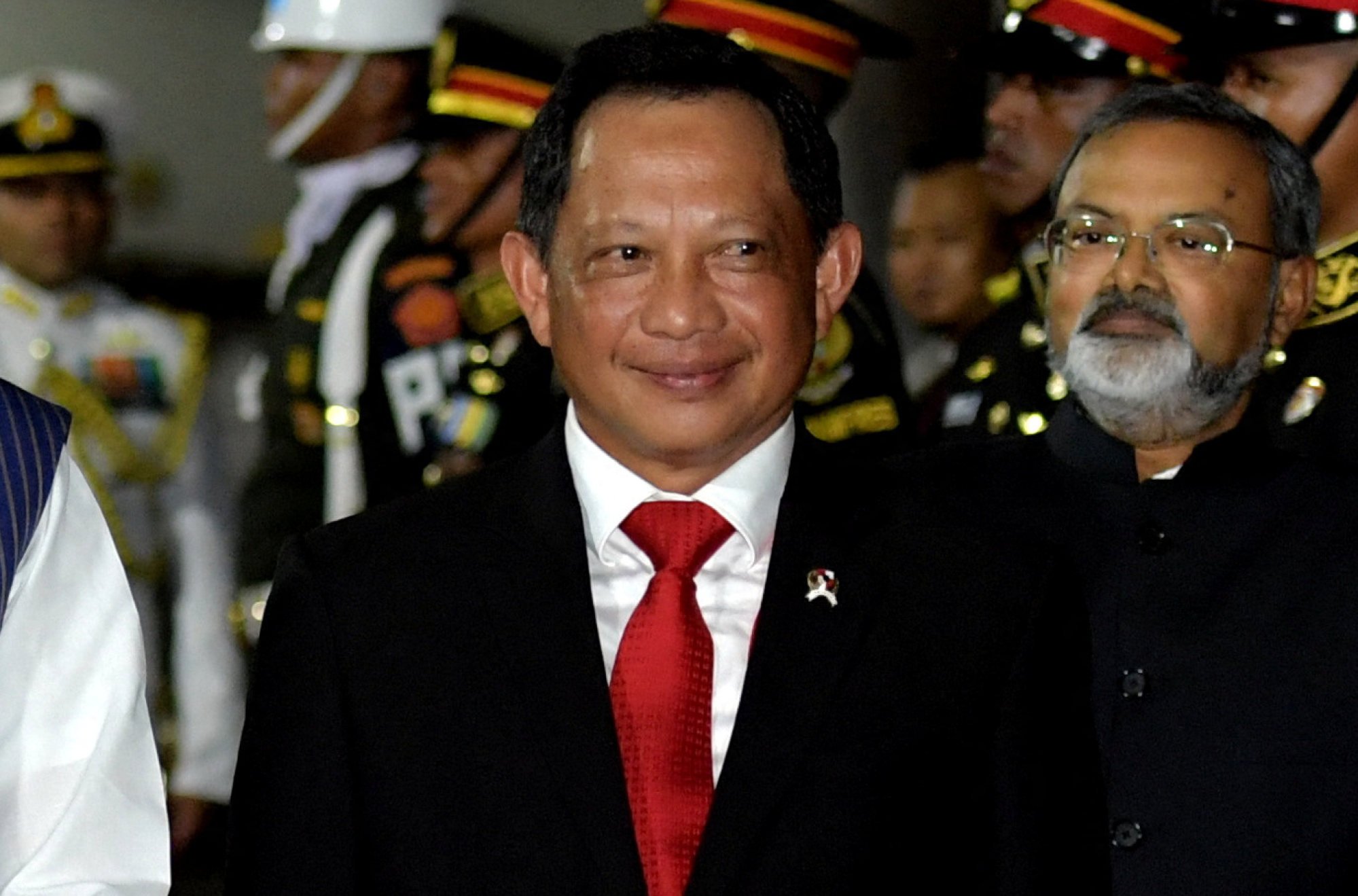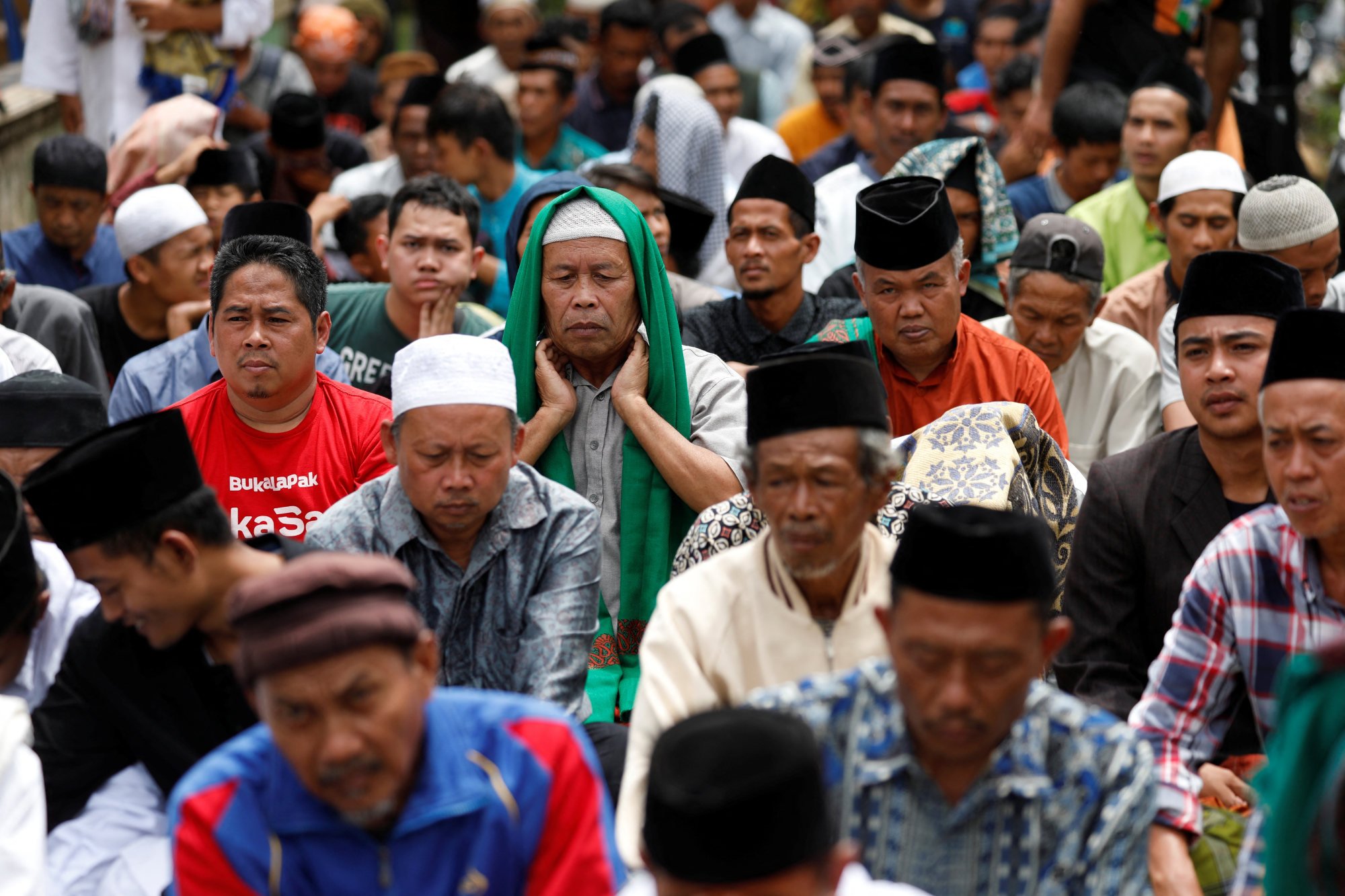
Sex inspectors targeting tourists in Bali? Don’t worry about it, Indonesia says
- Foreign tourists will not be charged under a new law banning extramarital sex, Indonesia’s deputy law and human rights minister has said
- Bali’s governor vowed that there would be ‘no checks on martial status … nor inspections by public officials’. ‘Bali is Bali as usual’, he said

Even once it does “Bali is Bali as usual, which is comfortable and safe to be visited,” said Governor I Wayan Koster in a statement. He denied that the criminal code has led to cancellations as visitor numbers are set to increase through March.
“There will be no checks on marital status upon check-in at any tourism accommodation … nor inspections by public officials or community groups,” he said.
Indonesian sex ban: Australia seeks ‘clarity’ on how it will affect tourists
But Deputy Law and Human Rights Minister Edward Omar Sharif Hiariej on Monday dismissed those concerns, saying foreigners will not be prosecuted.
“I want to emphasise for foreign tourists, please come to Indonesia because you will not be charged with this article,” Hiariej told reporters.
He said extramarital sex and cohabitation offences would only be prosecuted if a spouse, parent or child reported it, while adultery had already been illegal for years under the previous criminal code.
Maulana Yusran, deputy chief of Indonesia’s tourism industry board, said last week that the new code is “totally counterproductive” at a time when the economy and tourism were starting to recover from the pandemic.
Meanwhile, Indonesia’s foreign ministry said it had summoned a United Nations official on Monday after the global body expressed concerns over threats to civil liberties posed by the newly-ratified revisions to its criminal code.
The UN said the revised laws could result in the erosion of press freedom, privacy and human rights in the world’s third-largest democracy.

Indonesian officials say the code aims to uphold “Indonesian values” in the world’s largest Muslim-majority nation.
Teuku Faizasyah, a foreign ministry spokesman, said the ministry summoned the UN resident coordinator in Jakarta over the comment, saying the organisation should have consulted the government before airing its misgivings.
“They should have come to consult, just like other international representatives. We hope they do not hasten to express views, or when there’s not enough information,” he said.
What are Indonesia’s plans for the huge overhaul of its financial laws?
The UN official, Valerie Julliand, did not immediately respond to a request for comment.
Andreas Harsono, a senior Human Rights Watch researcher in Indonesia, said last week that the code “contains oppressive and vague provisions that open the door to invasions of privacy and selective enforcement that will enable the police to extort bribes, lawmakers to harass political opponents, and officials to jail ordinary bloggers”.
Reporting by Agence France-Presse, Bloomberg, Reuters

